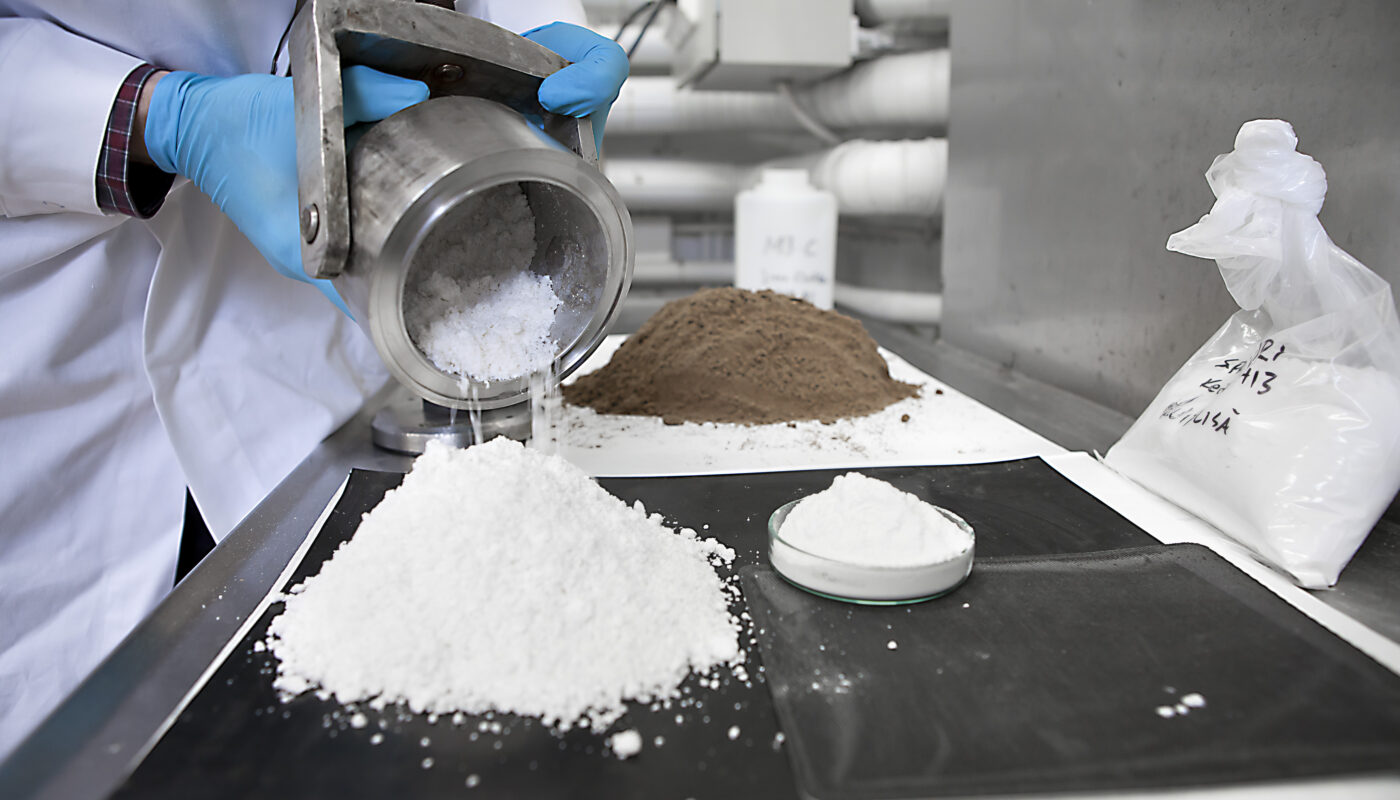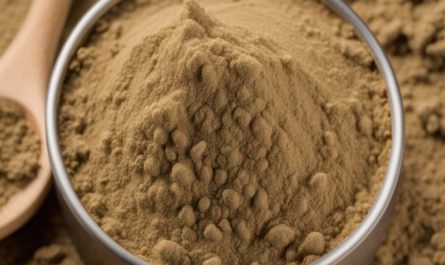Microcrystalline cellulose (MCC) is a partially depolymerized cellulose that is purified, manufactured and graded specially for use as an excipient in pharmaceutical and food products. As an excipient, it acts as a filler, binder, diluent and disintegrant in solid dosage forms like tablets and capsules. MCC has gained widespread acceptance and use in the pharmaceutical industry due to its excellent properties.
Properties of MCC
MCC possesses many unique properties that make it an ideal excipient for use in solid dosage forms:
– Compressibility: MCC has good compressibility which allows it to be directly compressed into tablets without the need for additional binders. This enhances the manufacturability of tablets.
– Disintegrational Properties: MCC has excellent disintegrational properties. It facilitates rapid tablet disintegration in the gastrointestinal fluids, allowing quick drug release. This is primarily due to its porous and platy structure.
– Flowability: Due to its spherical morphology, Microcrystalline Cellulose has good flow properties. This ensures uniform filling of capsules and ease of handling during manufacturing processes like mixing, blending and compression.
– Inertness: MCC is biologically inert and non-toxic in nature. It does not interact with active pharmaceutical ingredients.
– Diluent Properties: As a diluent, MCC helps to increase the bulk weight of tablets for a given dose of drug. This allows the manufacture of smaller sized tablets.
Manufacturing of MCC
MCC is manufactured by treating alpha-cellulose obtained from pulping wood or non-woody plants through a unique process that involves defibrillation and microcrystallization. The manufacturing process can be summarized in the following steps:
– Purification of alpha-cellulose: Removal of lignin, hemicellulose and other extractives from wood or cotton pulp.
– Refining: Mechanical treatment of purified cellulose leads to the opening up of its sheet-like structure.
– Microcrystallization: The refined cellulose is treated with mineral acids which results in partial hydrolysis and removal of amorphous regions between crystalline strands of cellulose. This yields MCC with a high level of microcrystallinity.
– Purification: Removal of mineral acids and soluble impurities from MCC through extensive washing.
– Drying and micronization: Drying of purified MCC into a free-flowing powder followed by milling to desired particle size.
– Grading: Separation of milled MCC into different particle size fractions to obtain grades suitable for different formulation needs.
Uses of MCC in Pharmaceutical Products
Tablets:
MCC is the most commonly used filler-binder in tablet formulations, especially in direct compression tablets. At concentration levels of 30-50%, it imparts good mechanical strength and rapid disintegration to tablets. Being non-swellable and non-sticky in nature, it enables smooth tabletting at high speeds on rotary presses.
Capsules:
MCC serves as filler in hard gelatin capsules. It provides bulk to meet capsule filling weights while ensuring free-flowing properties for trouble-free filling on automatic machines. At low levels, it also aids disintegration of capsule contents.
Dry Powder Inhalers:
MCC is utilized as a bulking agent in carrier-based dry powder inhaler (DPI) formulations due to its excellent flow and dispersibility properties. The micronized grades eliminate aggregation and aid in fine particle dissociation and delivery deep into lungs.
Other Dosage Forms:
MCC is used as disintegrant and diluent in orally disintegrating tablets, suspensions and creams to promote sturdiness and rapid dispersion/disintegration respectively. The pure and uniform nature of MCC makes it suitable for manufacturing sterile injectable products as well.
With its excellent balance of functionality and formulation versatility, MCC has emerged as the most preferred excipient for use in pharmaceutical solid oral dosage forms. Its widespread acceptance is a result of the powder’s flowability, dilution potency, compressibility, disintegrational effects and safety profile. The large-scale production and availability of different MCC grades to suit various processing needs have further consolidated its supremacy as a multifaceted excipient in pharmaceutical manufacturing.
*Note:
1. Source: Coherent Market Insights, Public sources, Desk research
2. We have leveraged AI tools to mine information and compile it



